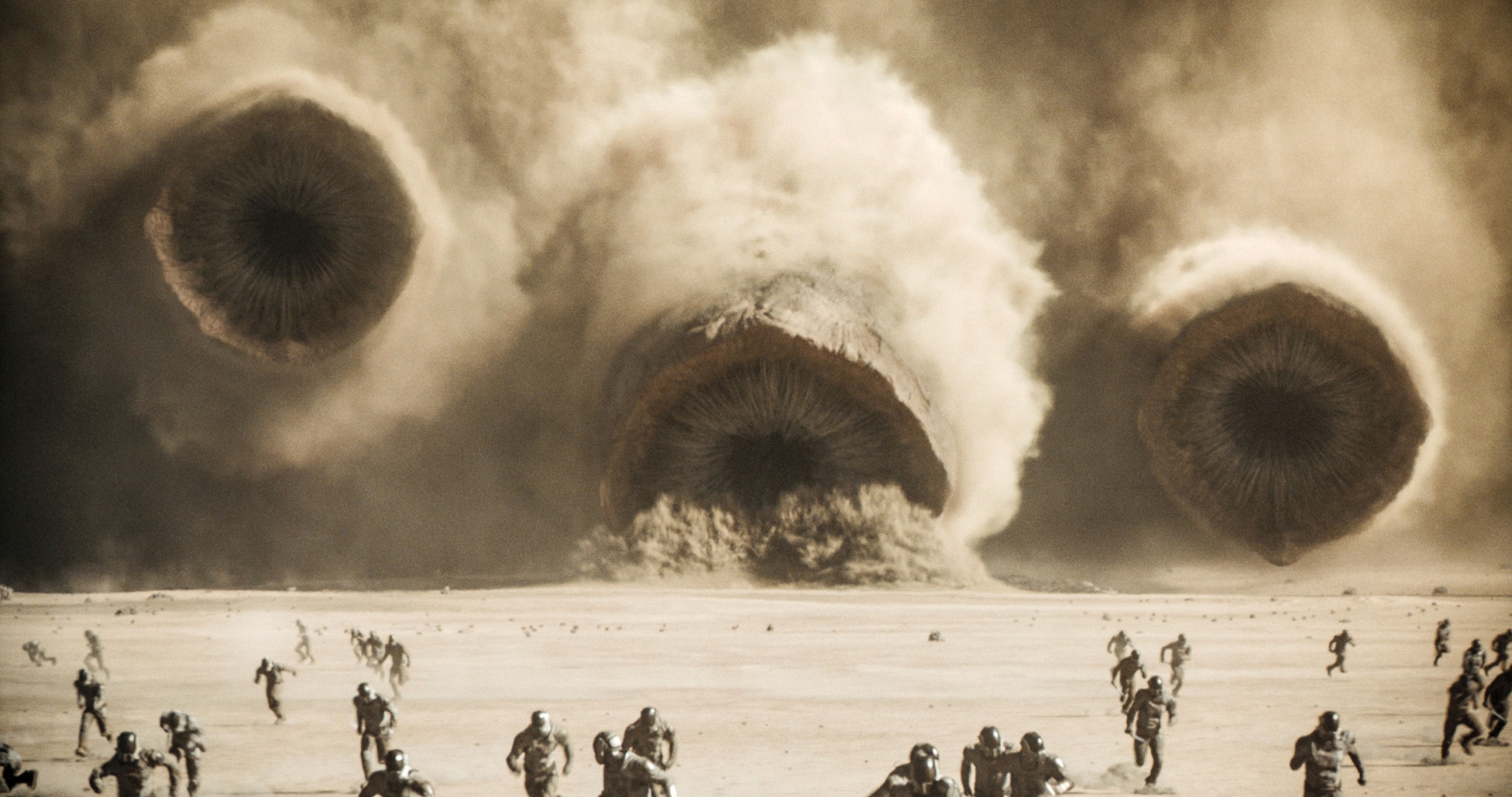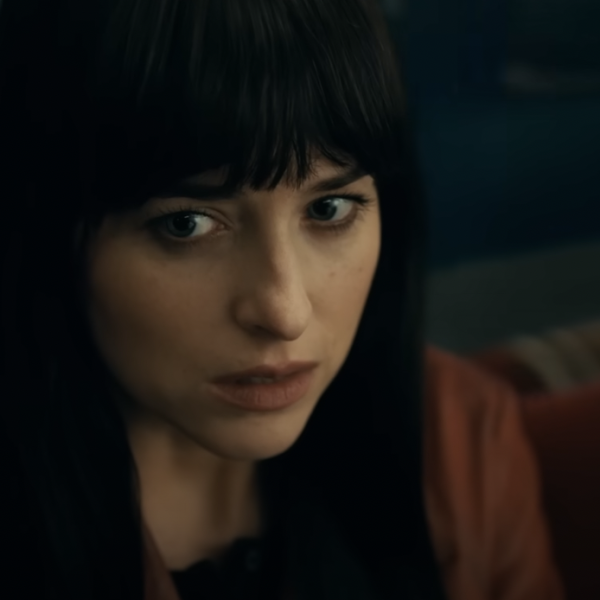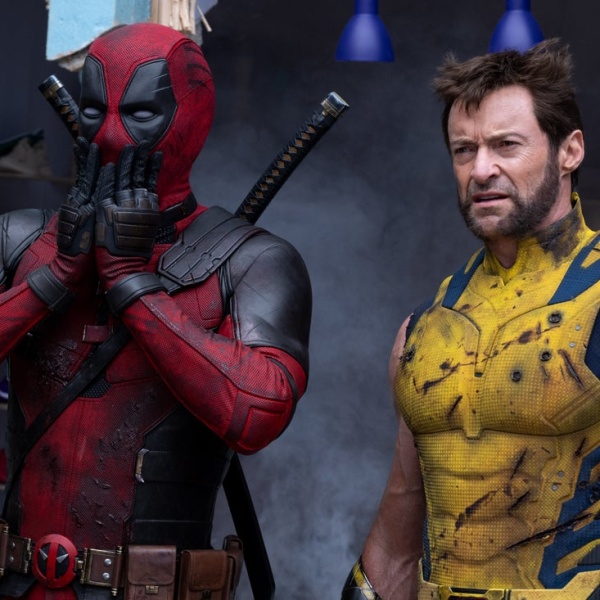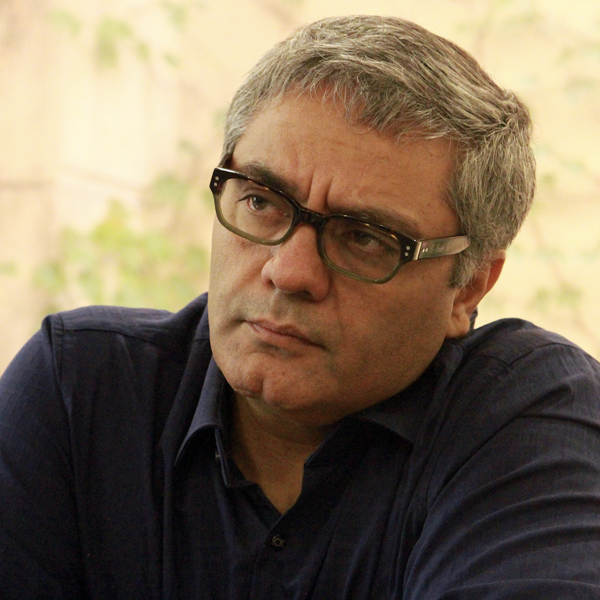With “Dune: Part Two” now playing in theaters, Denis Villeneuve has accomplished what many sci-fi geeks have long seen as an impossible task: making a competent adaptation of Frank Herbert’s “Dune” that treats the mythology with the cinematic gravitas it deserves. And now that audiences are more invested in sandworms and ornithopers than any reasonable person would have thought possible a decade ago, there’s no reason to think the “Dune” train should slow down any time soon.
The latest film concludes the story Herbert told in his original novel, but he went on to write five sequels that expand the world in wild new directions. And his son Brian Herbert has kept the saga going with an additional 20 books released over the past half-century. There’s enough lore for Warner Bros. to make “Dune” movies for decades to come, with or without Villeneuve and his key players. With “Part Two” dominating the box office after an $81.5 million opening weekend, it’s a great time to start thinking about what this sandy, spice-filled franchise could bring us next.
The following article contains spoilers for “Dune: Part Two.”

“Dune Messiah” Is Up Next
Villeneuve has not been shy about his desire to complete his “Dune” trilogy with a third film that draws heavily from Herbert’s second novel, “Dune Messiah.”
“Messiah” is where the “Dune” series begins to seriously diverge from conventional Hollywood storytelling. For all of its unique world building, the first book is a fairly standard hero’s journey that paints Paul as a chosen one who overcomes adversity and ultimately fulfills his destiny to save the planet and get the girl. But rather than let the Muad’Dib ride off into the sunset, Herbert’s future works subvert the premise by exploring the dark pathways that a man can go down after receiving unprecedented power at a young age.
“Dune Messiah” begins 12 years after the events of the first book. Armies waging jihad in Paul’s name have conquered most of the universe, giving Paul a level of power as emperor that makes Shaddam look weak by comparison. His consolidation of power has come at the cost of billions of civilian lives, prompting many of the galaxy’s most powerful factions to plot to remove him from power. If the first “Dune” book is an ode to individual heroism, the sequels are a reminder that it’s no substitute for democracy.
It’s not hard to imagine where a “Dune Messiah” movie might begin and the directions it could take. Much like Villeneuve’s first film, “Dune: Part Two” leaves off with another cliffhanger that should offer a seamless transition into a sequel. Now that Paul is firmly in control of both the Fremen and the Empire through his marriage to Princess Irulan (Florence Pugh), Princess Chani’s role in the geopolitical chess game is less defined than ever. Despite Paul pledging his eternal love to her, she has no formal role in his life and is understandably slighted by his quest to expand his power across the galaxy when she’d rather focus on fixing Arrakis. A “Messiah” movie would see her living with Paul as his concubine and mother of his two children (like Paul’s mother Jessica was to Duke Leto), while Paul remains in a political marriage of convenience with Irulan. In addition to following Paul down a darker path, a third film would likely give Chani more agency as she completes her life story.
A “Messiah” film could also create an opening for Jason Momoa to return to the franchise as Duncan Idaho. Though he sacrifices himself to save Paul in “Part One,” he is revived as a lifelike android who continues to advise the leaders of Arrakis throughout the rest of the books.

“Children of Dune” Could Serve as a Soft Reboot
“Messiah” ends with a blind Paul Atreides losing his power and opting to wander alone in the desert while his son and daughter take over Arrakis. A third “Dune” movie could provide an opportunity for Chalamet and Zendaya (and possibly Villeneuve) to pass the torch to another pair of up-and-coming movie stars without completely rebooting the franchise.
The third book, “Children of Dune,” sees Paul and Chani’s two children (named Leto II and Ghanima) growing up on a rapidly transforming Arrakis. Increased moisture has made the formerly arid planet considerably easier to live on, but the conditions threaten to wipe out the sacred sandworm population once and for all. As the planet undergoes yet another spiritual crisis due to its lack of leadership, the children square off against a new would-be messiah in their quest to take control of the planet.
Ecology is a primary theme throughout the “Dune” series, and the ongoing biological transformations on Arrakis directly shape the plot. Future movies would have a lot less sand, which would give a new director a chance to put their own stamp on the planet’s landscape. While supporting players like Rebecca Ferguson’s Lady Jessica and Momoa’s Duncan Idaho could return to ensure continuity, a “Children of Dune” movie would be a natural spot to take the franchise in an entirely new direction.

Things Only Get Weirder from There
“Children of Dune” is not exactly tame, but the series truly embraces its strangeness in Herbert’s fourth book, “God Emperor of Dune.” Paul and Chani’s son Leto II has turned into an all-powerful tyrant who is able to rule Arrakis for thousands of years by merging with the last living sandworm to become a human-worm hybrid. He rules with a truly unprecedented level of power, depriving his people of information or technology while he presides over a puppet legislature and keeps his planet in line with an all-female army known as the Fish Speakers.
A “God Emperor of Dune” movie would almost be guaranteed to be one of the strangest tentpoles ever released by a mainstream Hollywood studio. But in the hands of a skilled director with a knack for creature features and political drama, it could become the most iconic entry in the series by delivering something we truly haven’t seen before. And if audiences are still sticking around after that, the sky would truly be the limit for “Dune.”







